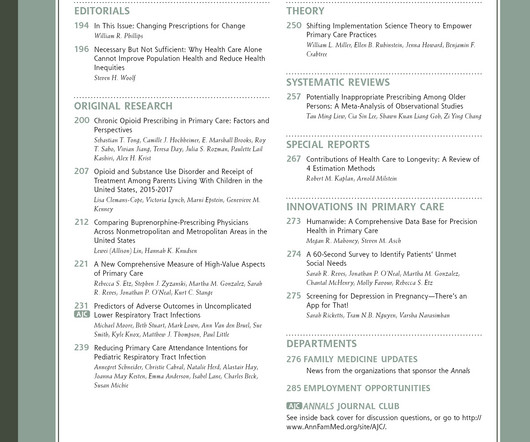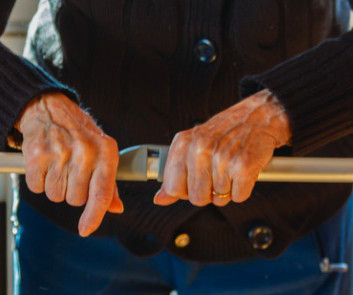HPV Vaccine Secondary Acceptance: Turning No into a Yes! [Child and adolescent health]
Annals of Family Medicine
NOVEMBER 20, 2024
Context: The human papillomavirus (HPV) vaccine is recommended starting at age 9 to reduce risk of HPV linked squamous cell cancers, yet recent data shows that only 58.6% have been vaccinated by age 17. Secondary acceptance is agreeing to a vaccine subsequent to declining in a previous encounter.












Let's personalize your content